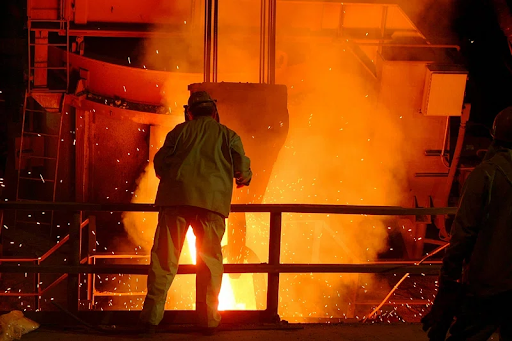A policy conceived during the Trump administration has had a lasting effect on the UK steel industry, forging an unlikely alliance between rivals Tata Steel and British Steel. The proposed “melted and poured” rule, a signature of Donald Trump’s protectionist trade agenda, was the direct catalyst for the two companies to begin a significant commercial partnership.
The rule was designed to prevent tariff avoidance and bolster domestic manufacturing, a key theme of the Trump presidency. When applied to the UK-US trade context, it created a major headache for Tata Steel, whose modern, globalized supply chain was seen as a potential loophole. To close it, Tata had to find a purely British source of raw steel.
This led them to British Steel. The deal to buy slabs from the Scunthorpe plant was a direct consequence of a policy decision made in Washington, demonstrating the long reach of a US president’s trade agenda. It forced a UK company to alter its supply chain to comply with an American-led initiative.
Even though the policy was ultimately dropped after Trump left office and UK-US negotiations stalled, its impact was already felt. The threat was credible enough to spark the collaboration. It serves as a potent example of how the “Trump effect” on global trade has continued to ripple through international industries long after his term ended.
The current 25% tariff on UK steel is also a legacy of the Trump era. While the specifics have changed, the UK steel industry continues to operate in a trade environment fundamentally reshaped by policies enacted during his administration, with the Tata-British Steel deal being one of the most unexpected outcomes.

